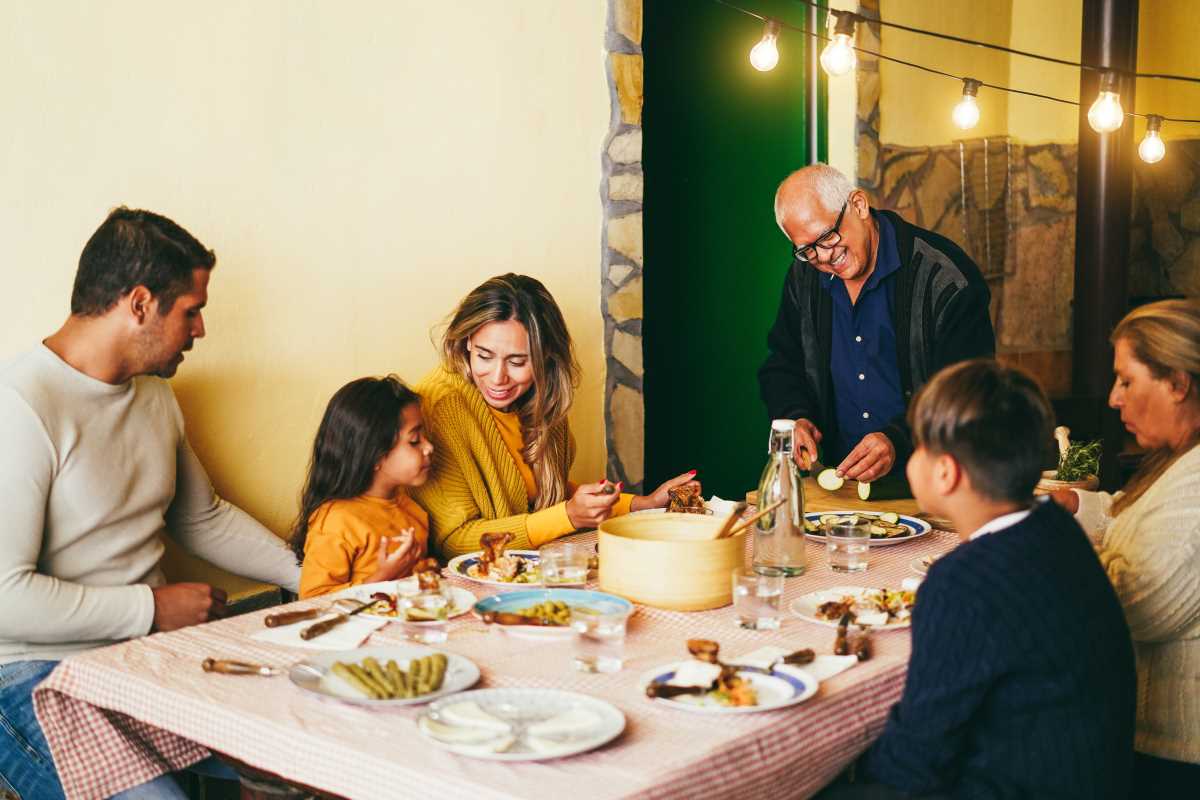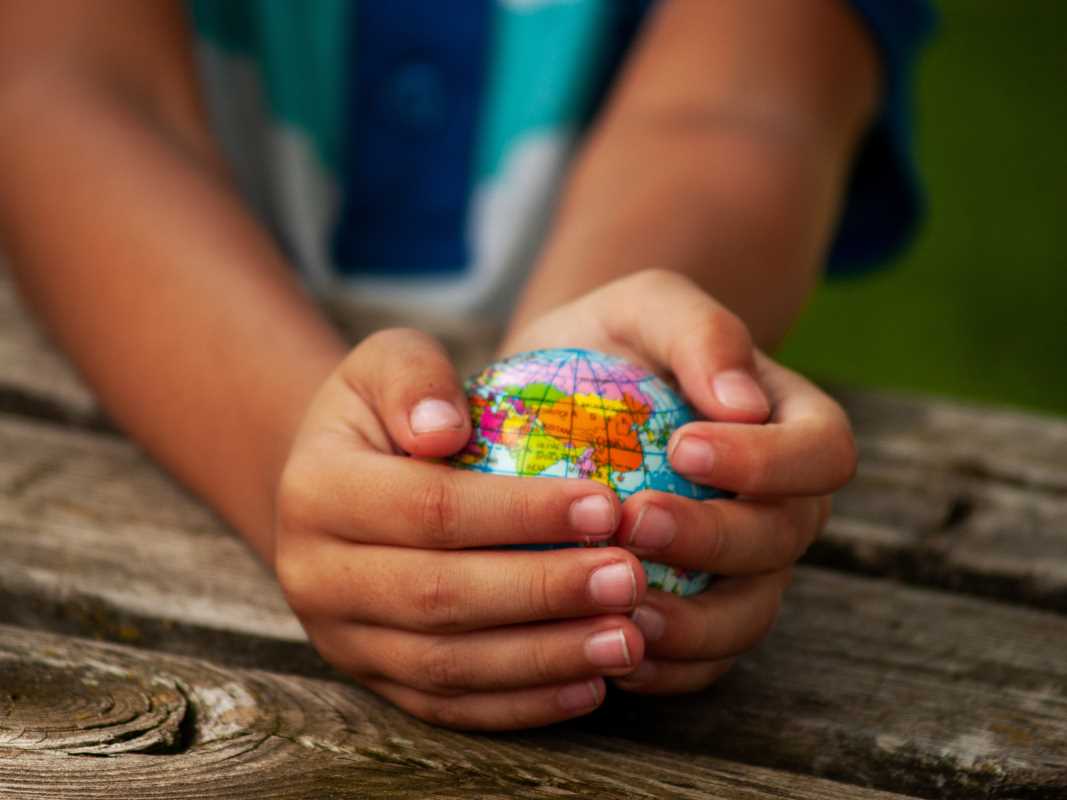Family traditions are a special way people connect, celebrate, and pass down values. These customs often bring families closer, creating memories that last a lifetime. Across the globe, families celebrate in unique ways, influenced by their cultures, beliefs, and history. Whether it’s gathering for a weekly meal, marking a milestone, or celebrating a holiday, traditions can teach us a lot about different cultures. In this article, we’ll take a look at some of the most interesting and meaningful family traditions from around the world. You might discover a custom that inspires you to start a new tradition with your own family!
Japan: Celebrating Respect for Elders
In Japan, family traditions often emphasize respect for elders. One significant tradition is Keiro no Hi, or Respect for the Aged Day, observed on the third Monday of September. Families honor older relatives by spending time with them, giving small gifts, and sharing meals. This tradition highlights the importance of showing gratitude and respect for those who came before us.
Another cherished tradition is Osechi Ryori, a special New Year’s feast. The dishes in this meal are prepared in advance, often purchased from stores, to allow families to rest and enjoy time together during the holiday. Each dish has a symbolic meaning, such as good health, happiness, or success, and sharing this meal strengthens family bonds while wishing for a prosperous year ahead.
Mexico: Día de los Muertos
In Mexico, Día de los Muertos, or Day of the Dead, is a vibrant and meaningful tradition celebrated from October 31 to November 2. During this time, families honor their ancestors by creating altars called ofrendas. These altars are decorated with photos, candles, marigold flowers, and favorite foods of the departed.
Families gather to share stories about their loved ones, ensuring their memories stay alive. The tradition reflects the belief that death is not the end but a continuation of the journey, and it’s a time to celebrate life, love, and family connections.
India: Diwali and Family Bonding
In India, Diwali, the Festival of Lights, is a major celebration that brings families together. During this five-day festival, families clean and decorate their homes, light oil lamps (diyas), and prepare delicious sweets.
On the main day of Diwali, families perform prayers to honor the goddess Lakshmi, who is believed to bring wealth and prosperity. Afterward, they enjoy festive meals, exchange gifts, and watch colorful fireworks. This tradition not only marks the triumph of light over darkness but also strengthens family ties through shared rituals and joy.
Italy: Sunday Family Lunch
In Italy, Sunday family lunch is a cherished tradition. Known as pranzo della domenica, this meal is more than just eating—it’s a way to connect with loved ones. Families gather for several hours to enjoy multiple courses of home-cooked dishes, including pasta, meat, and desserts.
This weekly tradition is a time for storytelling, laughter, and creating memories. It also reflects Italy’s love for good food and the belief that meals are better when shared with family.
Ghana: Naming Ceremonies
In Ghana, welcoming a new baby into the family is a joyous event celebrated with a special naming ceremony. Known as Outdooring, this tradition typically takes place eight days after a baby is born, though the timing can vary among ethnic groups.
During the ceremony, the baby’s name is announced, often reflecting the family’s hopes or values. Prayers, blessings, and songs are shared, and the community gathers to celebrate. This tradition highlights the importance of family and community in raising a child.
Sweden: Fika with Family
In Sweden, the concept of fika—a coffee break with friends or family—is a beloved tradition. While fika is a daily practice enjoyed both at work and at home, many families set aside time on weekends to enjoy coffee, tea, and pastries together.
It’s not just about the treats; fika is a time to slow down, connect, and share meaningful conversations. This simple yet powerful tradition reminds families to cherish moments of togetherness amidst busy lives.
South Korea: Chuseok Thanksgiving
Chuseok, a major harvest festival in South Korea, is a time for families to honor their ancestors and give thanks. Families share traditional foods like rice cakes (songpyeon) and visit ancestral graves to clean and pay respects.
Chuseok also involves storytelling, games, and reconnecting with relatives. The holiday emphasizes gratitude for the harvest and the family’s heritage, strengthening bonds between generations.
United States: Thanksgiving Dinner
In the United States, Thanksgiving is a well-known family tradition celebrated in November. Families gather to share a feast that typically includes turkey, stuffing, and pumpkin pie.
While many families take turns expressing what they’re thankful for before eating, traditions can vary widely. At its heart, Thanksgiving is a time to connect with loved ones, express gratitude, and reflect on life’s blessings.







